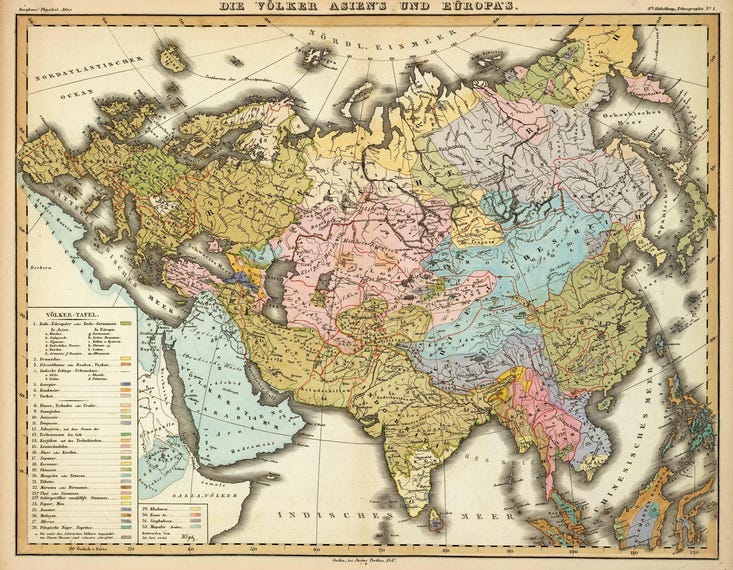I was camping by a lake when I heard the news. My son and I were off fishing and hiking in Connemara in the Irish west, hunting down pollock and wrasse and trout, and plunging into bogs on the slopes of the Twelve Bens. I’d do this most days if I was allowed. Last Thursday evening we were camped on the shores of a lough, cooking our day’s catch on a gri…
Keep reading with a 7-day free trial
Subscribe to The Abbey of Misrule to keep reading this post and get 7 days of free access to the full post archives.




